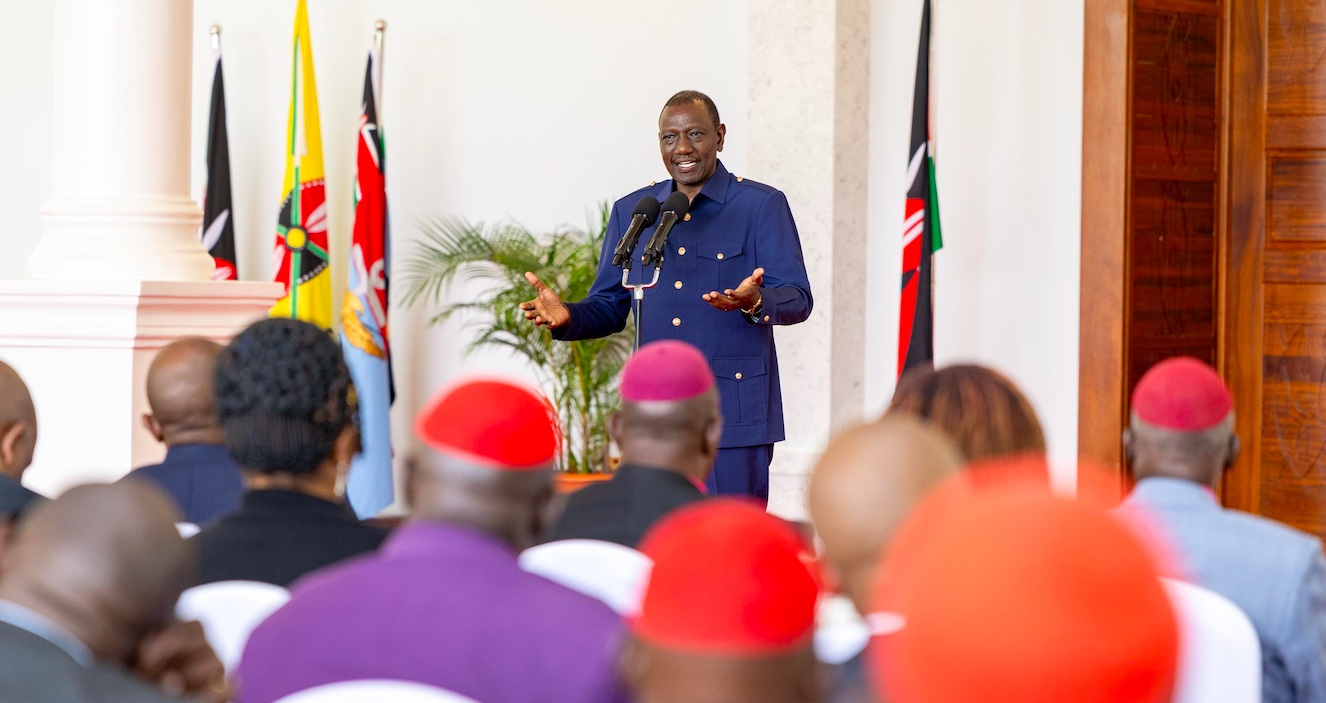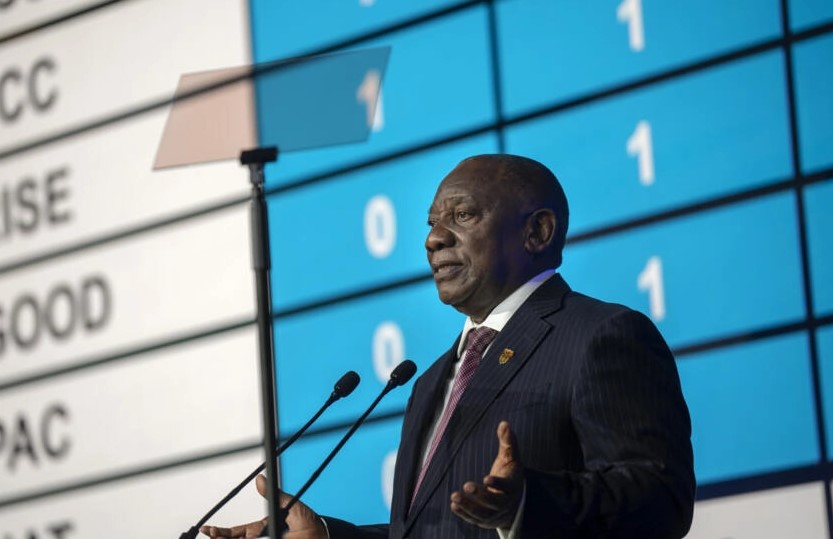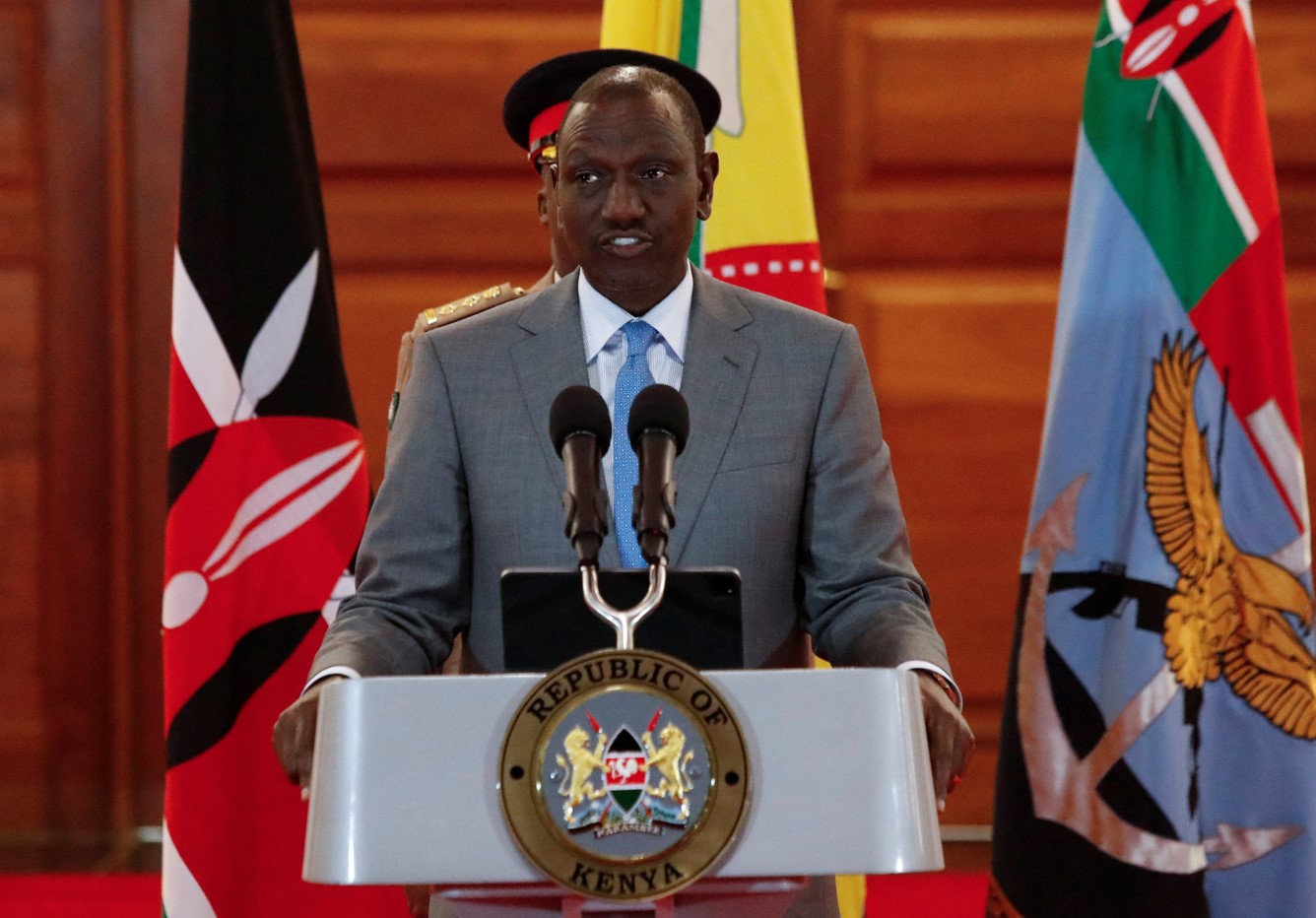Finance Bill 2024: Why car owners feel new tax is 'enemy of progress'

By Alfred Onyango |
If the bill becomes law, insurance companies will collect the motor vehicle tax at the point of issuance of insurance coverage and remit the same to the Kenya Revenue Authority (KRA) within five working days.
Picture this.
A person who has ventured into the taxi business and has four vehicles worth Sh650,000 each will have to pay a total of Sh65,000 annually in tax should the Finance Bill 2024 become law.
Keep reading
- Security agencies are independent, my office doesn’t interfere – Ruto
- I have no blood on my hands, Ruto says after deadly Finance Bill protests
- Authors discuss global issues, pay tributes to anti-tax protest victims at Nairobi Literature Festival
- UNICEF condemns violence against children in global conflict zones
This would be after remitting the 2.5 per cent circulation tax for each vehicle, payable based on the value. The tax is, however, capped at a maximum of Sh100,000 per annum.
In five years, the taxes this car owner would have paid would be Sh325,000, equivalent to half the value of a single vehicle.
Were this person saving, this would be a substantial principal for at least three new cars on credit terms, for fleet and investment increment purposes.
An online spot check by The Eastleigh Voice found that Watu Credit's car financing loans out a vehicle worth Sh650,000 with Sh130,000 as a down payment.
Omondi, a car owner in Nairobi, asks, “Don't you think this is an enemy of progress?"
Another case scenario is a person who owns a Toyota Probox 2017 model, which costs around Sh1.2 million.
This person, who might depend solely on the Probox (a fleet of 4) for commercial purposes, will preferably part with Sh120,000 every year for the four vehicles.
Another scenario is that of a person driving a 2017 model BMW X5, 3000cc, worth Sh6.5 million. As per the calculation, this vehicle is supposed to remit 162,500 for the year, but instead, will only pay Sh100,000 as per the capping regulations.
“This is not fair at all. The person driving the BMW is doing so because he can afford it and for the luxury. The one with the Probox and his family depend on the vehicles for daily provisions,” Omondi added on Monday.
“I think the capping could have started with vehicles worth over Sh5 million, where one would pay a 2.5 per cent tax. Why tax a car costing less than a million? It is unfair.”
He added that a motor vehicle is no longer a luxury asset but a necessity, so the government should be considerate when formulating tax policies.
Opponents' views
Several submissions in public participation sessions on the bill mirror Omondi’s sentiment.
For instance, accounting firm Deloitte Kenya proposed that the tax be reduced to 0.5 per cent of the value of the vehicle and that the minimum tax levied be Sh1,000, with the maximum capped at Sh20,000 instead of Sh100,000.
"The tax adversely affects motor vehicle owners who are already grappling with decreased disposable incomes as a result of high fuel prices in addition to the regular expenses associated with vehicle repairs and maintenance," stated Deloitte.
The audit firm added that the levy may raise the operational expenses of public transportation vehicles, which would then push the cost to commuters by hiking fares.
The Institute of Certified Public Accountants of Kenya (ICPAK) also dismissed the proposal, saying it would hurt the transport and logistics industry.
“This proposal comes against the backdrop of revised insurance premium rates and high fuel prices, inevitably shoring up the cost of operating motor vehicles in Kenya,” the organisation said in a statement on Monday.
“It is also important to note that the motor vehicle tax, unlike advance tax on commercial vehicles, cannot be offset against income tax payable.”
Penalties
If the bill becomes law, insurance companies will collect the motor vehicle tax at the point of issuance of insurance coverage and remit the same to the Kenya Revenue Authority (KRA) within five working days.
An insurer who fails to collect and remit the tax shall be liable to pay a penalty equivalent to 50 per cent of the uncollected tax and the actual amount of the uncollected tax.
The Finance Bill 2024, tabled in Parliament on May 9, 2024, contains measures the government intends to use to raise extra revenue for the FY 2024–2025 budget estimates. The bill targets an additional Sh302 billion to fund the Sh4.2 trillion proposed budget.
The total revenue is expected to increase by 16.2 per cent to Sh3.4 trillion in FY'2024-2025, up from Sh2.9 trillion in FY 2023-2024.
This target is poised to increase the revenue share of the gross domestic product (GDP) from 16.2 per cent to 18.6 per cent, in line with the provisions of the Medium-Term Revenue Strategy.



















